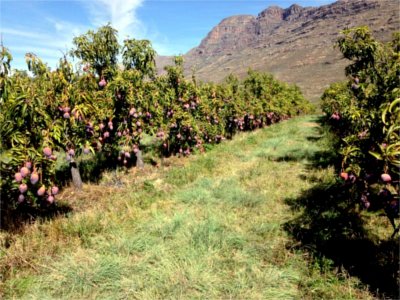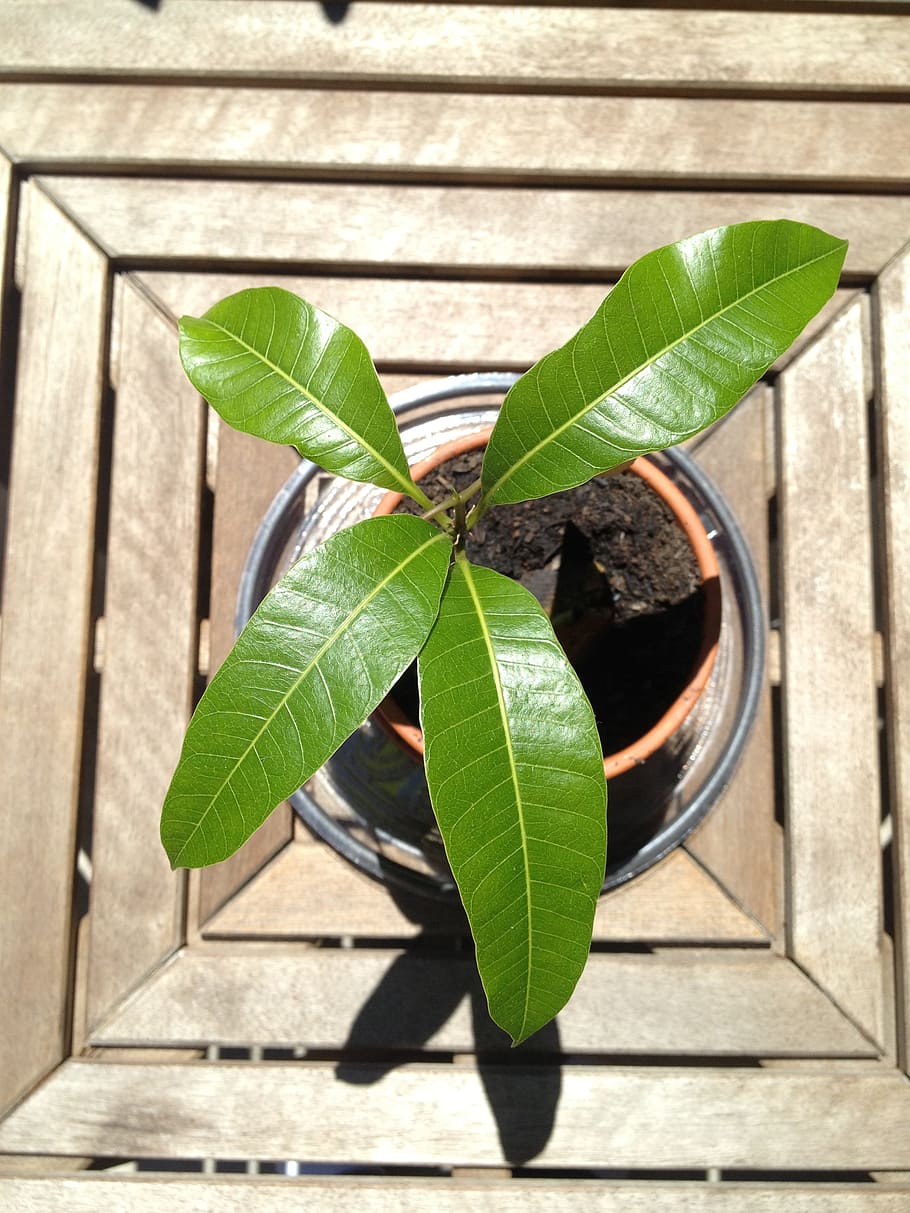Mangoes, a tropical fruit celebrated for its vibrant taste and nutritional benefits, hold a significant place in Africa's agricultural landscape. Africa, with its diverse climate and fertile soil, is home to numerous unique varieties of this succulent fruit. Countries like Ivory Coast, Nigeria, and Kenya are among the continent's leading producers.
In West Africa, the "Kent" and "Keitt" varieties are popular, known for their sweet, rich flavor and resistance to the region"s humidity. Central Africa, with its tropical climate, favors the "Irwin" variety, which thrives in its warm, rainy conditions. In the arid regions of South Africa, the "Tommy Atkins" variety is well-adapted, producing high yields despite the challenging conditions.
A Blend of Resilience and Sustainability

Mango trees in Africa are a symbol of endurance. They flourish in a range of soil conditions, from sandy to loamy, and are drought-resistant, making them well-adapted to Africa's diverse climates. These trees are typically nurtured in small-scale farms and form a crucial part of the local agricultural landscape.
The farming of African mangoes is a sustainable endeavor. The trees are naturally resilient to pests, reducing the reliance on harmful pesticides. Furthermore, they aid in soil preservation and prevent erosion, contributing to the overall wellbeing of the ecosystem.
Cornucopia of Health Benefits
African mangoes are a nutritional goldmine. They are packed with vitamins A and C, crucial for a robust immune system. They also offer a generous amount of dietary fiber, promoting gut health. The fruit is a valuable source of potassium, essential for heart health, and magnesium, which supports nerve and muscle function.
One of the most well-known benefits of mangoes is their ability to help with weight loss. They contain mangiferin, a compound that has been shown to help boost metabolism and reduce appetite. This is due to the high fiber content of African mangoes, which can help to keep you feeling full longer.
In addition to weight loss, mangoes have also been shown to have other health benefits. They are a good source of vitamin C, which is important for the immune system. They also contain antioxidants, which can help protect the body against damage from free radicals. Mangoes have also been shown to have anti-inflammatory properties, which can help to reduce the risk of chronic diseases such as heart disease and cancer.
Global Market for African Mangoes
African mangoes are earning recognition globally. Their unique taste and health benefits have made them a desirable fruit in international markets. They are exported to various regions of the world, including Europe, the Middle East, and Asia. This global demand has provided a significant boost to local economies in Africa, creating jobs and promoting sustainable agricultural practices.
If you are interested in the import or export of African mangoes you can get in touch with growers of conventional and certified organic mangoes directly on our suppliers page.
Cultural and Ecological Impact

The cultural significance of mangoes extends across many African communities. The fruit is incorporated into various dishes, from salads and desserts to sauces. The mango tree also plays a vital role in the ecosystem, aiding in soil conservation, providing shade, and serving as a source of nectar for honeybees.
African mangoes are more than just a tasty fruit. They represent the rich biodiversity of Africa, a commitment to sustainable farming practices, and a powerhouse of nutrition. Whether you're a fruit lover, a health-conscious individual, or someone looking to discover new flavors, African mangoes are worth a try. Savor the taste of African sunshine in every bite and embrace the myriad health benefits that come with it.